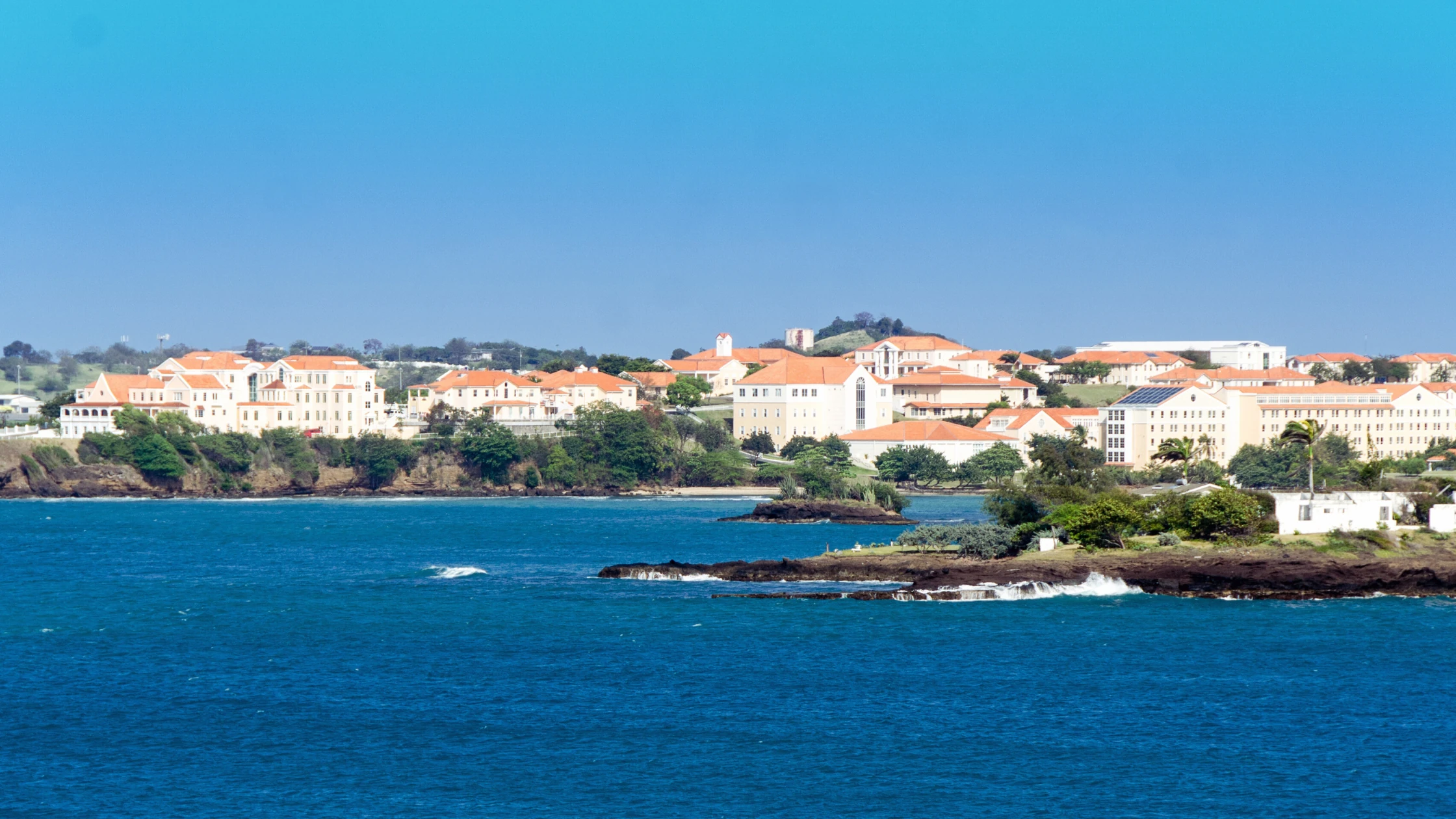Saving Money as a Caribbean Medical School Student

978 Views
Pursuing a medical degree in the Caribbean medical school has unique challenges, especially in managing finances. Whether you’re just starting your first year or transitioning back to the States for clinical rotations, being mindful of your spending can significantly impact your overall experience. Below, I’ll share some tips and personal experiences that can help you save money while ensuring that your time in medical school remains enjoyable and stress-free.
Years 1 and 2: Living on the Island
1. On-Campus Housing: The Cost-Effective Choice
One of the most significant decisions you’ll make during your first two years is where to live. While it might seem tempting to explore off-campus options, living on campus is often the most economical choice. Off-campus housing can sometimes be just as expensive, if not more, than living in major U.S. cities like NYC, Miami, or Los Angeles. On-campus housing eliminates the need to pay rent during breaks and places you close to campus, saving you on transportation costs and time.
However, some students opt for off-campus housing due to roommate issues, family financial support, or simply finding a cheaper apartment further out. But if saving money is your priority, staying on campus is the way to go.
2. Pack Smart: Save on Personal Hygiene Products
Shopping for personal hygiene products on the Island can be surprisingly expensive. A simple way to save is by strategically packing your suitcases. Bring only the necessary clothes and use the extra space for personal hygiene products and other essentials. This can help you avoid the high costs of purchasing these items locally.
Some students also have their parents ship items from home, which can quickly become costly due to customs taxes and additional fees. It’s often more economical to initially bring as much as you can with you rather than relying on shipments from home.
3. Take Advantage of On-Campus Opportunities
Doing well in your studies brings academic rewards and can help you financially. After your first semester, you can apply to become an Academic Enhancement Program (AEP) facilitator or a Resident Assistant (RA). As a Caribbean medical school student, I took on both roles, which made a noticeable difference in my budget.
As an AEP facilitator, I earned extra cash, which helped cover groceries and occasional nights out. The RA position was particularly beneficial, providing free housing and a monthly stipend. These opportunities might not make you rich, but they can significantly ease the financial burden of medical school while adding valuable experience to your resume.
If you want to start medical school on the right foot and position yourself for opportunities like these, consider 1-on-1 tutoring. An Elite Medical Prep tutor can help you build a personalized study schedule, develop effective study habits, and master content efficiently. Schedule a complimentary consultation to learn more!
5. Be Financially Conscious in Your Spending
The island lifestyle offers many temptations, from visiting resorts to dining out every night. However, it’s essential to be financially conscious. You can save by avoiding non-brand American food products, which are often much more expensive. Instead, consider buying local fruits and vegetables from vendors on the side of the street. Not only are they cheaper, but they’re also often of better quality than what you’ll find in supermarkets.
Additionally, the currency exchange between the U.S. and the Caribbean can be beneficial. With USD 1 roughly equivalent to $2 in the local currency, this exchange rate can help alleviate some costs. However, it’s important to remember that not everything will be cheaper due to the exchange rate, so it’s still crucial to budget carefully.
Years 3 and 4: Back in the States
1. Live at Home or Get Roommates
As you transition back to the States for your clinical rotations, living at home can be the most significant way to save money. If living at home isn’t an option, getting a roommate can help reduce costs substantially. During this time, expenses can add up quickly, from transportation (using the metro or driving) to groceries, electricity, and unexpected costs like changing shelf exam dates.
2. Plan for Step 2 and Residency Applications
Step 2 and applying to residency can be costly for IMG students. However, one way to manage these costs is by requesting additional loans. Many students need to know they can take out 100% of their loan per term instead of just a portion. I did this myself, and it allowed me to save money that I used during the transition to Year 3 when I was looking for an apartment.
3. Save Money Before Clinical Rotations
At the end of Year 2, there’s a gap before starting clinical rotations, ranging from 3 to 9 months, depending on your academic status and scores on board exams. During this period, you’ll be focused on preparing for CBSE and STEP 1, but you won’t receive any loans or financial assistance. Having money set aside can alleviate unnecessary stress during this time. I never had any issues with money during this period. I was able to enjoy the first two years on the Island while maintaining financial stability during clinical rotations in the States.
Maximizing Your Budget in Caribbean Medical School
Featured Articles
